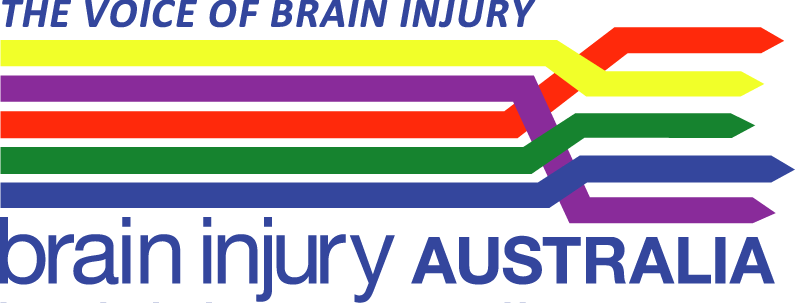- TOOLS FOR WORK
- Introduction
- T1 A person may have an ABI
- T2 Conversation tips
- T3 Looking for indicators of ABI
- T4 Strategies for
cognitive changes - T5 Case managers issues checklist
- T6 Sources of information
- T7 Individual program plan
- T8A Tips for
setting goals - T8B SMAARTER Goals
- T9 Managing and supervising staff
- T10 The disillusionment process
- T11 Preventing stress
- T12 Working with Families: Principles
- T13 Support workers:
WHS & Participant Risk - T14 Professional boundaries
- T15 Principles & Standards
- T16 Essential thriving guide
Tool 8A : Tips for setting goals
The following are tips for setting goals when working with people with ABI.
There are more tips and resources in Toolkit B - “Getting it all Together” Working Together Promoting Independence This is a resource for workers working with people with TBI. It is on the wet site www.TBIStaffTraining.info The Kit contains practical information and tools the worker can use to assist an individual with a brain injury to:
- Identify issues and set priorities
- Set goals
- Develop strategies to achieve the goals
- Monitor progress.
Factors to consider when developing goals
- Client centred not staff actions
- Goal development vs goal imposition
- Giving exact behavioural description of goals
- Stating goals positively rather than negatively
- Creating short-term goals vs long-term goals
- Looking at improvement vs maintenance.
Writing goals
Remember: Goals need to be specific, measurable and time limited.
Some examples are:
I will remember all my appointments in 2 weeks
I will have enough food in my house for all my needs for 2 weeks.
I will keep track of when my bills are due and pay them on time within two weeks.
I will identify places to keep things in my house so I don't lose them, in one month.
To achieve each of these goals would require developing strategies (and identifying any necessary resources).
For example to achieve: I will have enough food in my house for all my needs for 2 weeks
will require:
- menu plan
- shopping list
- work with support worker
- etc
The following are too broad and general to be useful goals:
- independently use public transport
- increase opportunities for social interaction
- improve arm function
- improve personal hygiene
- improve cooking skills
How to deal with unrealistic goals
- allow learning through experience (consistent with cognitive abilities and achievable goals)
- develop compensatory strategies
- investigate alternatives
- set priorities
- break into smaller steps
- give clear feedback about progress/lack of progress
- don't challenge unrealistic goals, try and focus on achievable smaller goals
- link achievable goals with unrealistic goals (rather than challenging unrealistic goals)
(c) Copyright - See: Toolkit B. Working Together Promoting Independence - www.TBIStaffTraining.info

